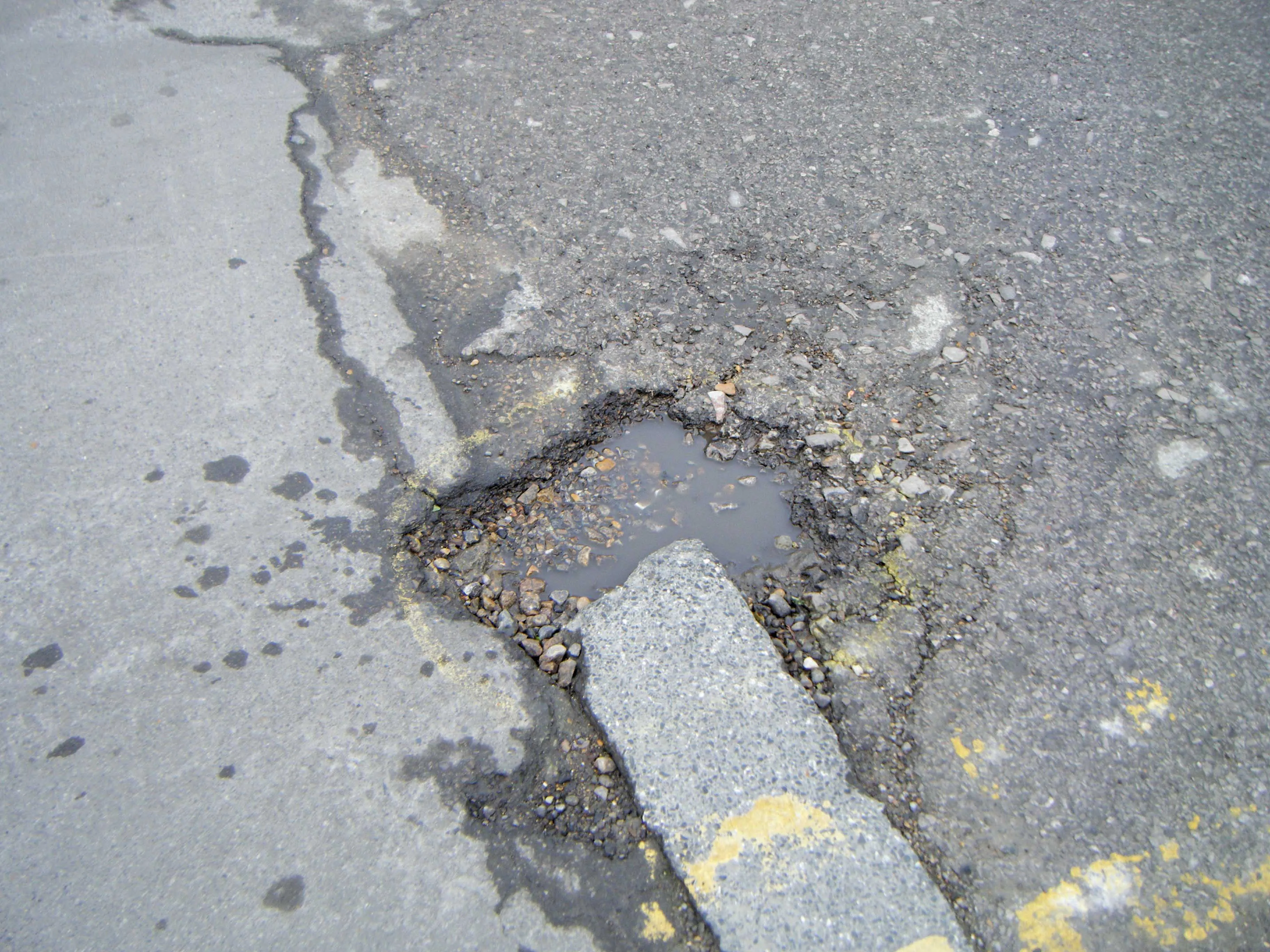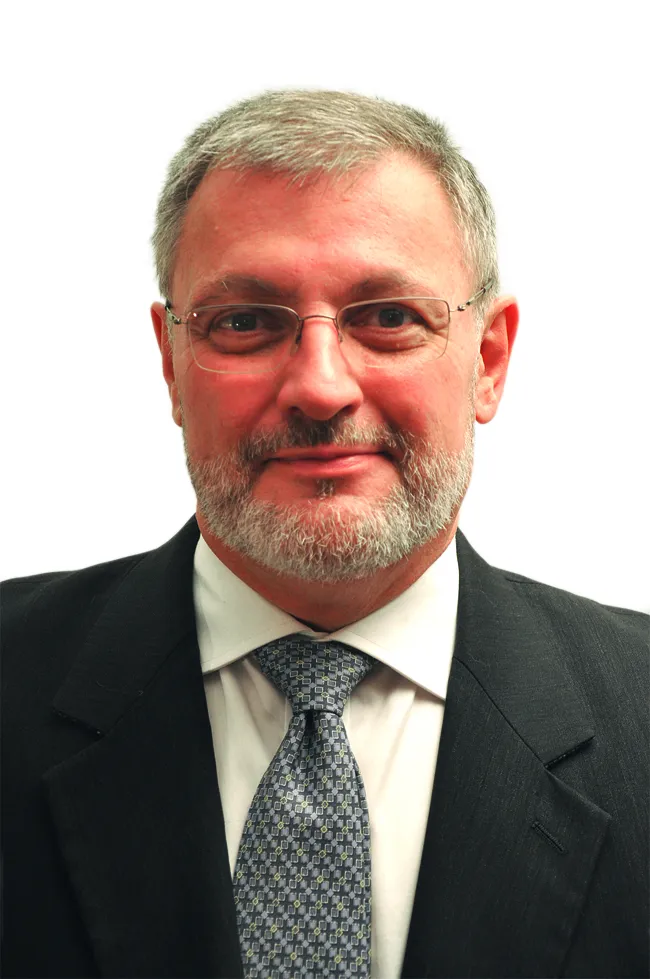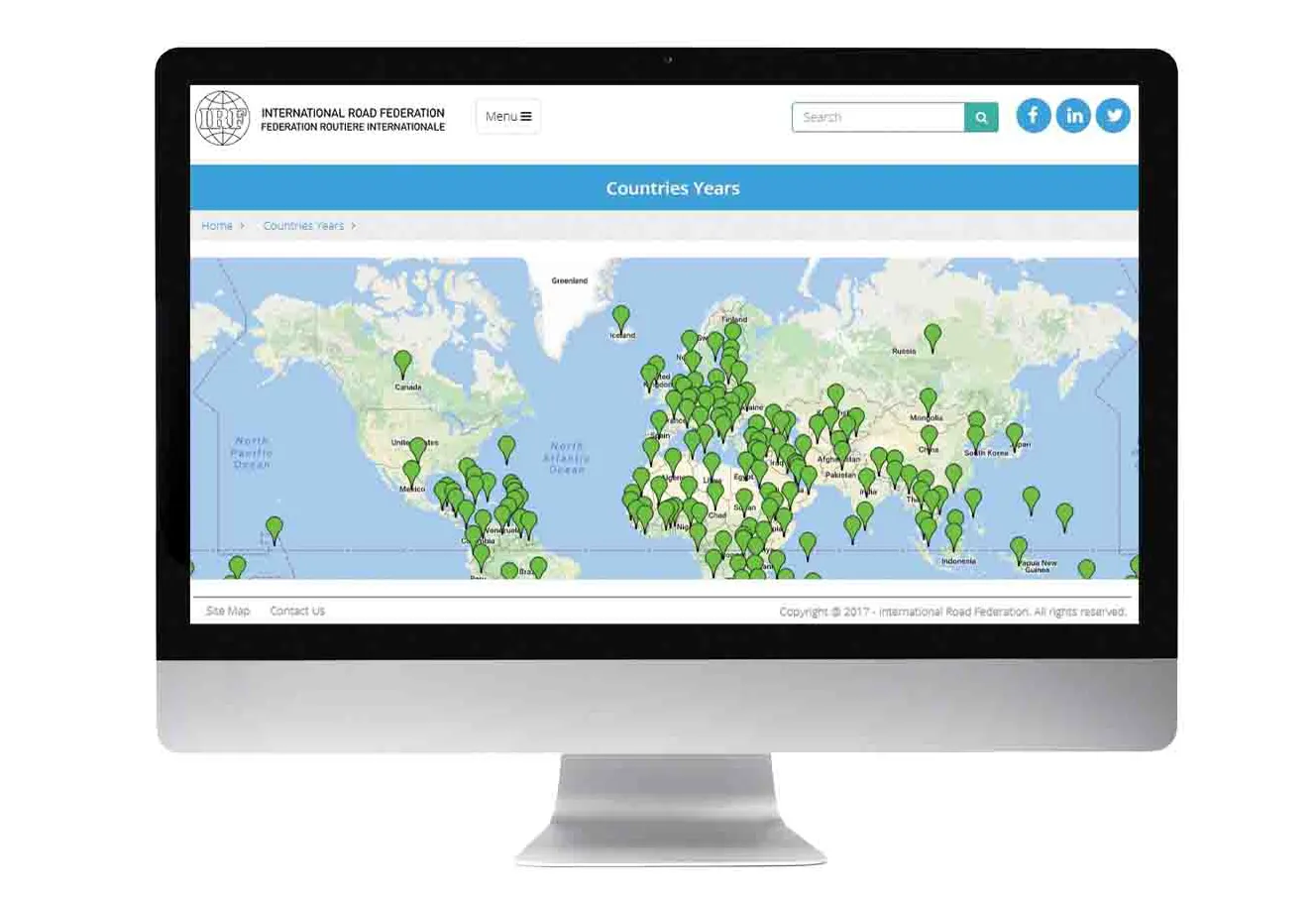Europe’s road infrastructure is one of its largest community assets, yet today this asset faces unprecedented challenges. Shortage of public resources for maintenance, inadequate public procurement models for the delivery of infrastructure, coupled with the inevitable impact that the advent of vehicle automation will have on Europe’s infrastructure means that there is a urgent need for Europe’s road sector to work together to find solutions for the future. In this backdrop, and at a time when the UK governm
January 18, 2016
Read time: 4 mins

Europe’s road infrastructure is one of its largest community assets, yet today this asset faces unprecedented challenges
Shortage of public resources for maintenance, inadequate public procurement models for the delivery of infrastructure, coupled with the inevitable impact that the advent of vehicle automation will have on Europe’s infrastructure means that there is a urgent need for Europe’s road sector to work together to find solutions for the future. In this backdrop, and at a time when the UK government is taking the lead in adopting innovatory management and financing models for the delivery of road infrastructure, such as the establishment of8100 Highways England as an independent body with a ring-fenced budget over multiple years, the ERF and RSMA have decided to collaborate to deliver the 1st European Road Infrastructure Congress, the first event of its kind for over several years.
To be hosted in Leeds, UK, between 18-20 October, the 2016 European Road Infrastructure Congress will bring together policymakers, academics, research institutes, road authorities and industry representatives from across the continent to explore the following three overarching themes:
Concepts to be covered include the legal frameworks across Europe concerning public procurement for roads and identification of good practice. Speakers will cover opportunities offered by the new legal and policy tools, such as revision of the Directive for Public Procurement and voluntary Green Public Procurement Criteria. Also, how European standards can provide common methodologies for assessing the life cycle of road products. How can authorities use existing tools to stimulate innovation? Can the maintenance cycle for road projects be lengthened?
Themes to be explored include European road safety policies concerning work zone safety; passive and active safety; as well as road safety audits. The needs of vulnerable road users, such as older drivers, cyclists and pedestrians will be addressed. Presenters will explain how industry and public authorities can collaborate for road equipment covered by the Construction Products Regulations.
In similar fashion, ITS is principally seen through the prism of V2V, V2I and I2V communication, yet it is clear that the availability of new digital tools and data will undoubtedly have a significant impact on the ability of road owners to manage their network in a more efficient and intelligent manner. Last but not least, new infrastructure innovations such as energy absorbing infrastructure and modular concepts will inevitably have implications on how roads are constructed and maintained and may give road infrastructure an even more vital role to play as a vector for growth and jobs.
Speakers will examine how roads can be used to harvest energy and how they can support the transition to automation and the co-existence of automated and conventional vehicles. Under discussion will be what tools can support road owners' ability to maintain roads in a more cost-effective manner.
For more information visit %$Linker:2 External <?xml version="1.0" encoding="utf-16"?><dictionary /> 0 0 0 oLinkExternal www.eric2016.eu Visit www.eric2016.eu website false http://www.eric2016.eu/ false false %>.
Contact persons:
Konstandinos Diamandouros, Head of Office, European Union Road Federation, %$Linker:2 Email <?xml version="1.0" encoding="utf-16"?><dictionary /> 0 0 0 oLinkEmail [email protected] email [email protected] false mailto:[email protected] true false %>;
Kevin Robinson, Events and Communications Officer, Road Safety Marking Association, %$Linker:2 Email <?xml version="1.0" encoding="utf-16"?><dictionary /> 0 0 0 oLinkEmail [email protected] email [email protected] false mailto:[email protected] true false %>
Shortage of public resources for maintenance, inadequate public procurement models for the delivery of infrastructure, coupled with the inevitable impact that the advent of vehicle automation will have on Europe’s infrastructure means that there is a urgent need for Europe’s road sector to work together to find solutions for the future. In this backdrop, and at a time when the UK government is taking the lead in adopting innovatory management and financing models for the delivery of road infrastructure, such as the establishment of
To be hosted in Leeds, UK, between 18-20 October, the 2016 European Road Infrastructure Congress will bring together policymakers, academics, research institutes, road authorities and industry representatives from across the continent to explore the following three overarching themes:
Delivery of Road Infrastructure
There is nowadays an overwhelming consensus that delivery and procurement models for roads and its related equipment suffer from several shortcomings that put constraints on authorities’ ability to purchase the services which provide the best value for money and at the same time, fail to give market players the appropriate incentives to innovate. As such, there is a need to explore new concepts and models for the delivery of a safe and sustainable infrastructure.Concepts to be covered include the legal frameworks across Europe concerning public procurement for roads and identification of good practice. Speakers will cover opportunities offered by the new legal and policy tools, such as revision of the Directive for Public Procurement and voluntary Green Public Procurement Criteria. Also, how European standards can provide common methodologies for assessing the life cycle of road products. How can authorities use existing tools to stimulate innovation? Can the maintenance cycle for road projects be lengthened?
Safe Road Infrastructure
Europe is a leader in road safety. Yet, despite impressive reductions in road fatalities since 2001, recent data seems to suggest a significant slowdown in the decline rate, implying the need for a fresh push in order to ensure that the ambitious targets of the European Road Safety Programme are reached. Given that a a safe road infrastructure is a sine qua non for safe transport system, this theme will explore the contribution of road infrastructure to different road safety policies and identify future challenges.Themes to be explored include European road safety policies concerning work zone safety; passive and active safety; as well as road safety audits. The needs of vulnerable road users, such as older drivers, cyclists and pedestrians will be addressed. Presenters will explain how industry and public authorities can collaborate for road equipment covered by the Construction Products Regulations.
Technology and adaptation
Technological changes both from the vehicle and infrastructure sector mean that the road of the future will differ significantly to what it is today. While there is a huge focus on road automation from a vehicle side, there has been to date very little attention paid to how road infrastructure can be adapted to ensure a smooth transition which will be characterised by the co-existence of both automated and conventional vehicles.In similar fashion, ITS is principally seen through the prism of V2V, V2I and I2V communication, yet it is clear that the availability of new digital tools and data will undoubtedly have a significant impact on the ability of road owners to manage their network in a more efficient and intelligent manner. Last but not least, new infrastructure innovations such as energy absorbing infrastructure and modular concepts will inevitably have implications on how roads are constructed and maintained and may give road infrastructure an even more vital role to play as a vector for growth and jobs.
Speakers will examine how roads can be used to harvest energy and how they can support the transition to automation and the co-existence of automated and conventional vehicles. Under discussion will be what tools can support road owners' ability to maintain roads in a more cost-effective manner.
For more information visit %$Linker:
Contact persons:
Konstandinos Diamandouros, Head of Office, European Union Road Federation, %$Linker:
Kevin Robinson, Events and Communications Officer, Road Safety Marking Association, %$Linker:








